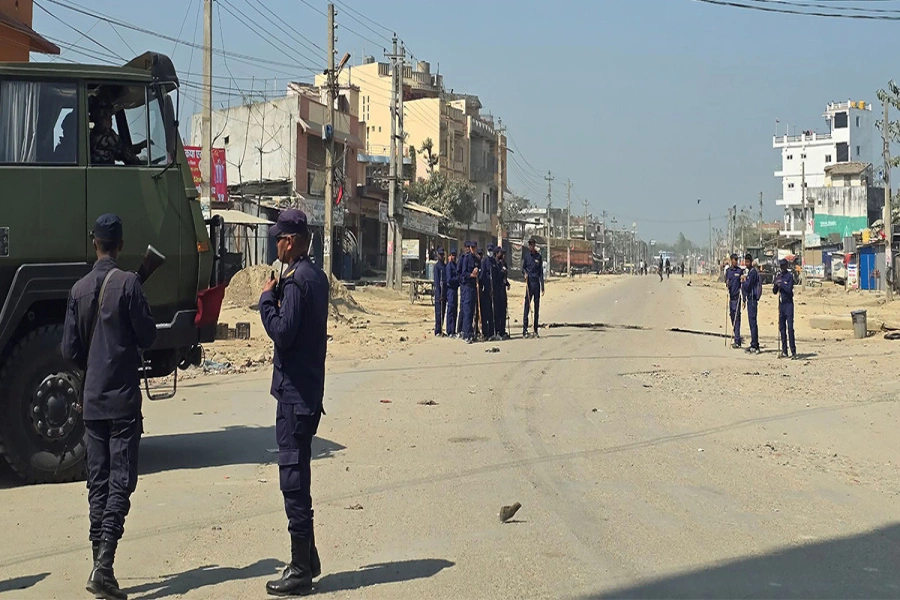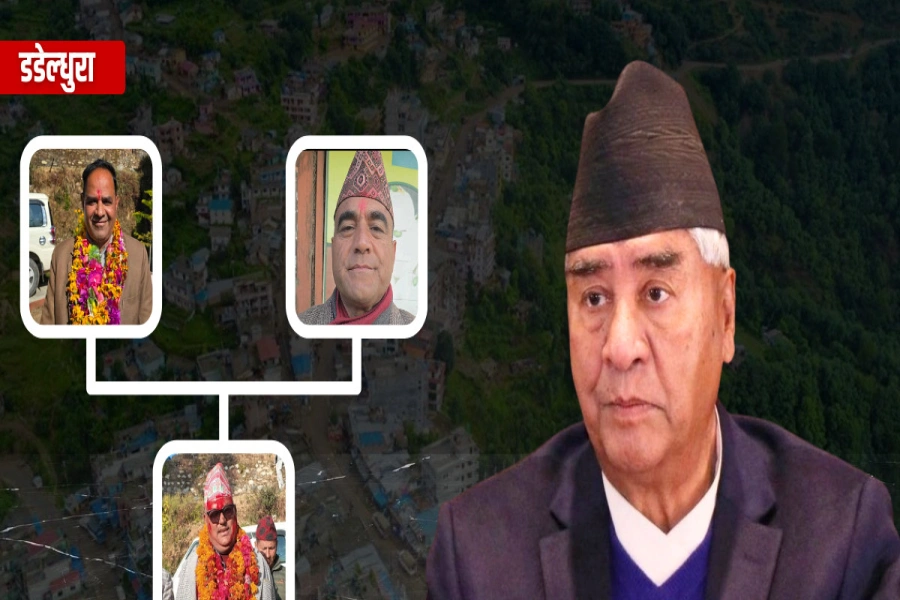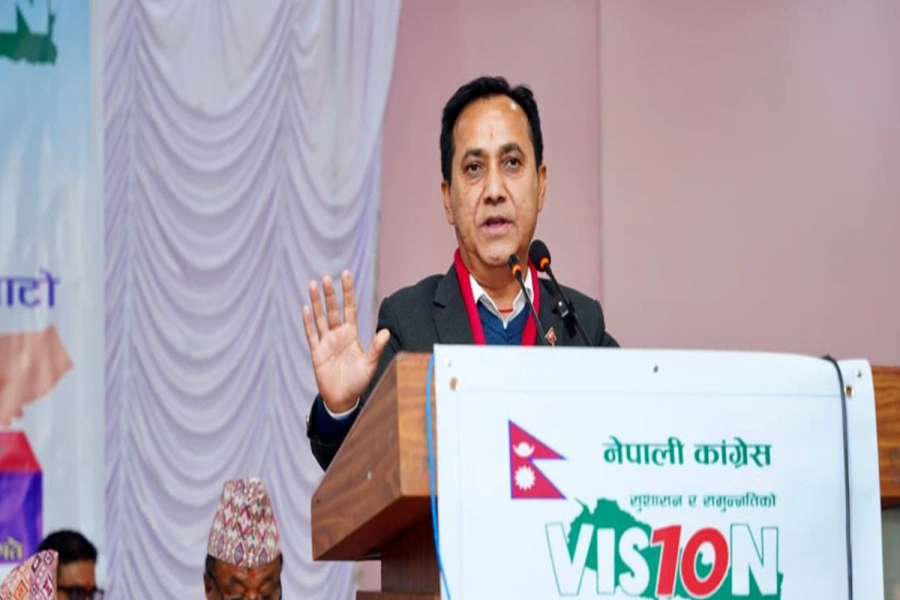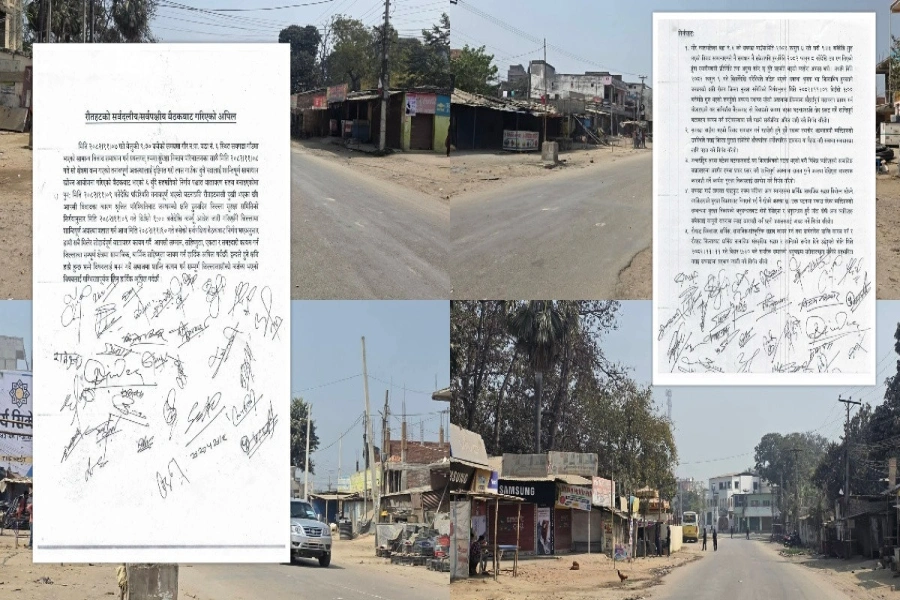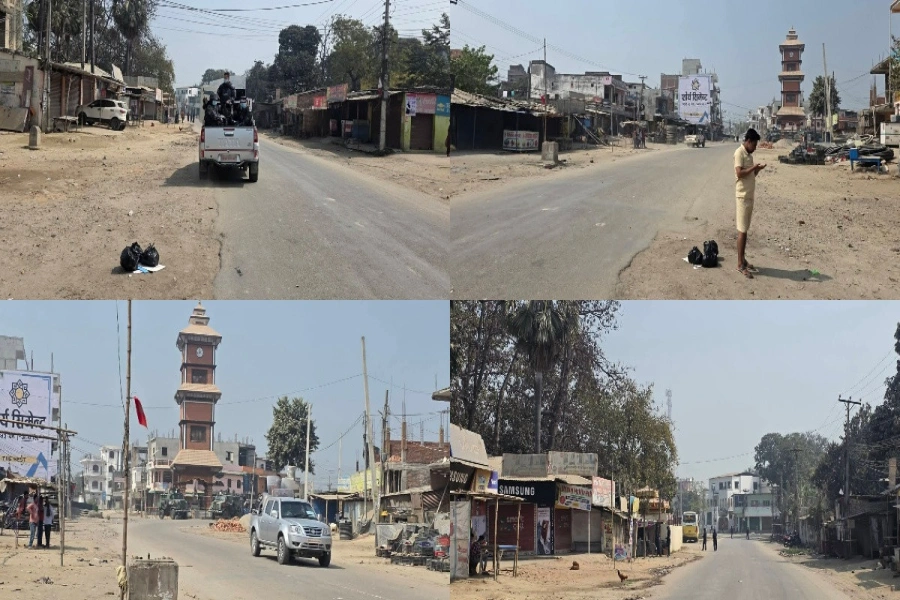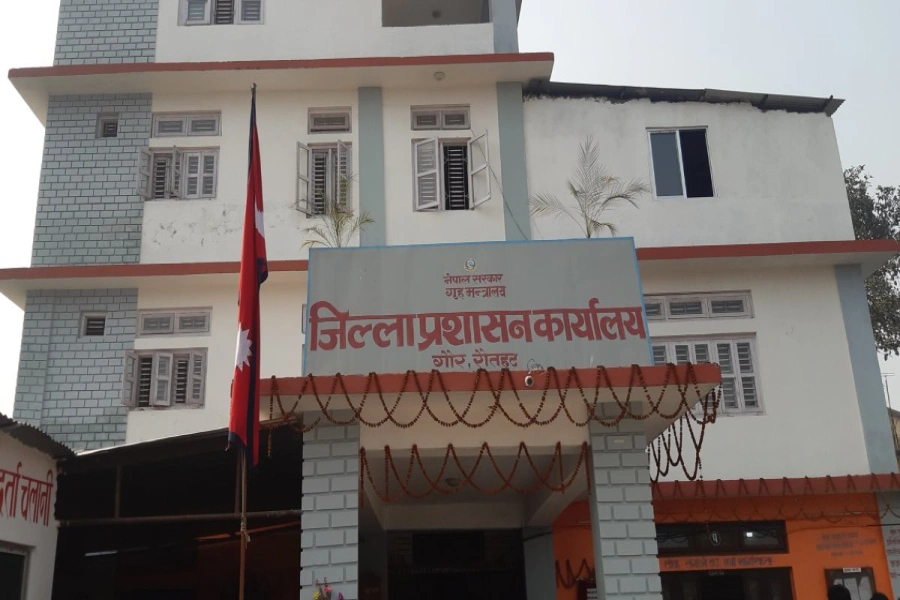KATHMANDU, May 24: Press Council Nepal (PCN) has translated and released the Journalist Code of Conduct in five additional mother tongues.
With this, the code is now available in a total of eight native languages used in Nepali media. On Friday, PCN Chairperson Bal Krishna Basnet, Nepal Language Commission (NLC) Chairperson Dr Gopal Thakur, and Chairman of National News Agency, Dharmendra Jha, officially launched the versions translated into Bhojpuri, Rai Bantawa, Tamang, Dotyali, and Limbu languages. Previously, the PCN had already published the code in Tharu, Maithili, and Nepal Bhasa (Newari Language).
Speaking at the event, Thakur stated that if local essence and originality are lost, mother tongues will cease to exist. Addressing the event organized by PCN to unveil the Journalist Code of Conduct translated into five languages and a special issue on language-based journalism, Chairperson Thakur emphasized the need to preserve mother tongues through journalism.
PCN to make monitoring of election code of conduct more effecti...

Dr Thakur expressed the NLC's readiness to collaborate with PCN to promote unwritten languages. He described the PCN’s initiative to translate the Journalist Code of Conduct into mother tongues as a bold and commendable step. “Translation from one language to another is a creative act in itself—it is an adventure,” he said. The PCN has translated the code, originally in Nepali, into Nepal Bhasa, Tharu, Maithili, Rai Bantawa, Wambule Rai, Bhojpuri, Tamang, and Dotyali languages. Among these, the codes in five languages were officially released on Friday.
PCN Chairman Basnet emphasized the important role of journalism in promoting mother tongues spoken across different regions of the country. He noted that the language closest to communication and easiest to understand is the mother tongue, and highlighted that the PCA has been working to promote it. “Media in mother tongues are the beauty of Nepali journalism and a pride of the state. Therefore, the PCN has been carrying out various creative efforts to promote them,” said Chairperson Basnet.
Speaking at the event, Chairperson Jha stated that many regions in the country still have communities that do not understand the Nepali language, making journalism in mother tongues essential. He emphasized that mother tongue journalism is the only effective option to keep the general public well-informed.
Similarly, Phulman Bal, a member of the Public Service Broadcasting Management Committee, stated that strengthening mother tongues requires practicing journalism in those languages. He emphasized that the style of communication must change to expand the reach of mother tongues through journalism. According to him, the promotion of the Journalist Code of Conduct in mother tongues should not be limited to newspapers, radio, and television but must also be carried out through new media.
Lal Bahadur Airee, General Manager of Gorkhapatra, stated that Gorkhapatra has been publishing content to promote mother tongues for a long time and praised the PCN’s efforts to advance mother tongue journalism as commendable.
At the event, writer and journalist Dr Krishna Raj Sarbahari, Nripendra Lal Shrestha, Pushkar Mathema, Padam Rai, Amar Tumbahang, Bishnu Maya Singak, Ganesh Rai, Arjun Tamang, Bunu Tharu, Manoj Barma, Bina Sinha, Dhan Bahadur Magar, and others shared their experiences and insights on the state of language-based journalism.
The program was facilitated by PCN’s Chief Officer, Jhabindra Bhusal.






